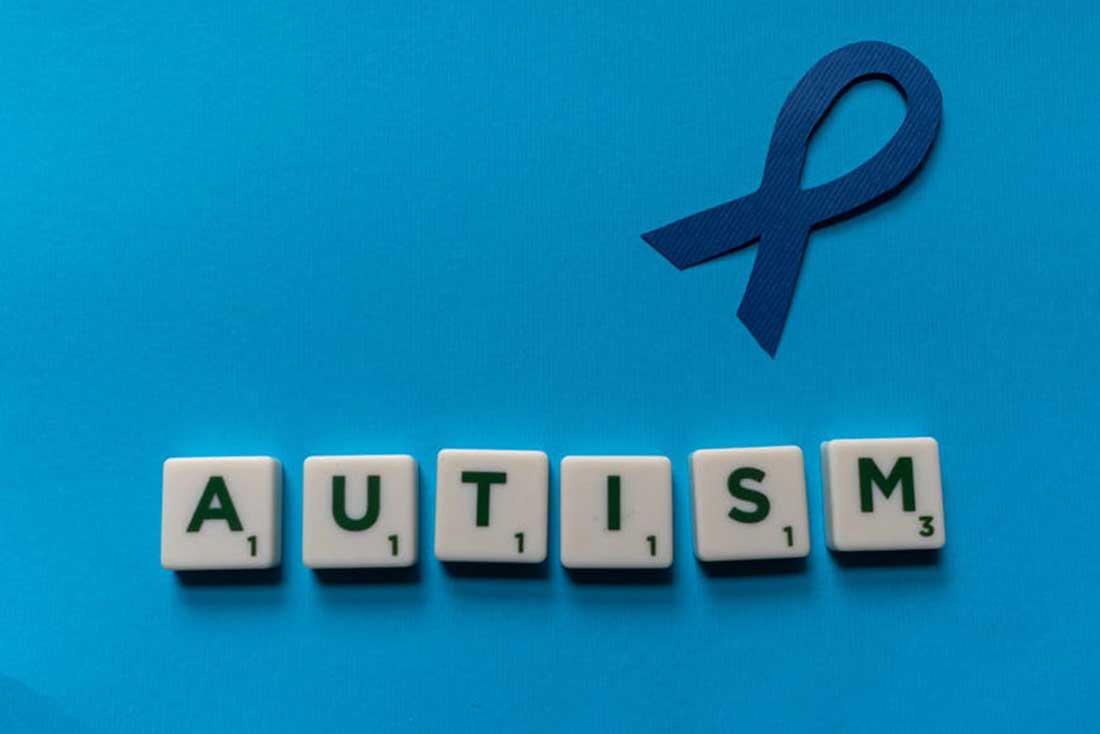
- September 29, 2022
- Center for Developmental Psychiatry
The Different Types of Autism Treatment
About one in one hundred children are diagnosed with some type of autism. It’s important for Children on the autism spectrum” to get the proper treatment so that they can leave healthy and productive lives.
So, what are the options available to you?
Read on to find out some of the different forms of autism treatment available for your loved one.
Occupational Therapy
Children on the autism spectrum may have trouble completing various everyday tasks. This is where occupational therapy can be beneficial.
Occupational therapy will teach your child how to maintain a self-care routine. An occupational therapist can watch your child do various tasks. That allows them to see what they might need help with and what areas they may need to improve in.
This gives them tools so that they can take care of their mental and physical health throughout their lives. Occupational therapists can help children with their fine and gross motor skill development. That way, they’ll be more successful at physical activities as they get older.
If you think your child might benefit from occupational therapy, look into an autism treatment center in your area.
Behavioral Management Therapy
This type of therapy focuses on reinforcing positive behaviors. It then works to reduce the instances of negative behaviors coming up. There are different forms of behavioral management therapies out there that can be beneficial for autism.
For example, early intensive behavioral therapy is targeted at very young children, so it might be an option to consider. This is especially relevant if you have a child who is diagnosed with autism before they start school.
There is also positive behavioral and support therapy, which helps to find the root causes of your child’s negative behavior. That way, your therapist can work to find different ways of managing that behavior. These strategies could include changing the environment. Or, they could help your child develop different coping mechanisms to manage stressful situations.
Play Therapy
Especially for children on the autism spectrum, it’s important to learn how to play nice. That’s where play therapy can be a huge help. This type of therapy helps children learn how to interact with other children. It also teaches them how to respond to different emotional cues and stimuli they may encounter in school and other social environments.
A play therapist can work with different toys to help a child engage with them. This will help them learn how to use their imagination so they’ll be able to interact with other children in social situations. They can work with your child to learn how to share with other children.
There are also group options for play therapy. This will give your child the opportunity to get used to interacting with other children. There are even integrated play groups. These allow children with and without autism can learn how to play together, which benefits them all.
Speech Therapy
Some children on the autism spectrum struggle with different forms of verbal communication. They may suffer from verbal ticks. Or, they may be unable to get their words out entirely.
Speech therapy can help people find their voices again. Speech therapists can make it easier for people to find the words needed to communicate their feelings. It can also help people learn how to talk in more standard sentences.
Speech therapy helps people with their verbal communication. But, it can also help with non-verbal aspects of communication like making eye contact.
If verbal communication is a huge barrier, speech therapists working on autism spectrum disorder treatment can also help your child work with other forms of communication. Sign language is one great option. Or, they may be able to use different communication assistance devices.
Cognitive Behavioral Therapy
Cognitive behavioral therapy is used for lots of different mental and neurological health conditions, but it can be a useful tool for autism spectrum treatment as well.
Cognitive behavioral therapy works by walking through different thoughts, feelings, and interactions with a professional. This allows a person to understand what triggers their behavior.
For autism, cognitive behavioral therapy can help people manage stressful situations. It can help children on the autism spectrum manage anxiety related to their condition.
But, because CBT is so focused on talking situations through, it can sometimes be hard for children with autism to benefit properly from it. So, some therapists have made adaptations to CBT to help children on the autism spectrum through it. An autism specialist doctor can refer you to options in your area.
Related Treatment
Autism can coexist with mental health or other neurological conditions, particularly as your child or loved one gets older. So, they may require treatment for those conditions along with treatment for their autism. Luckily, there are lots of professionals out there today. Many of them even have experience treating people with multiple conditions at once.
There are also other therapeutic treatments that could have benefits for autism. Horseback therapy or other therapy involving animals is often used for people struggling with PTSD. But, there are some signs that it could be useful for helping children on the autism spectrum work things through as well.
If you’re not sure what would benefit your loved one, make an appointment with an autism spectrum disorder specialist. Ask them what they recommend in your situation.
Types of Autism Treatment: Start Today
Now that you know the different types of autism treatment available to your loved one, you’ll be able to help them determine the type of treatment best suited to their needs.
If you’re looking for treatment for your loved one, think about scheduling an appointment with the Center for Developmental Psychiatry today.